Macedonia —— Its Races and Their Future
-----
Thessaly I watched a- Turkish trooper playing in the outskirts of Larissa with some httle Greek children. Ragged, unkempt, unsoldierly, he seemed a typical Asiatic. His complexion was swarthy, his nose curved and his curly beard set at that curious angle which one associates with Assyrian bas-reliefs. He may have come of the same stock which followed Darius when the East made its first assault upon European liberties. But the children saw in him only a kindly playmate. They were completely at their ease with him, fearless and confident as they might have been with some great gentle dog. He too was happy, a mere child of nature, a soldier by compulsion and a conqueror by accident. He lifted a little girl upon his shoulder that she might pluck the blossoms of a hawthorn tree. For a moment one almost forgot the barbaric notes of the military band rehearsing its tuneless hymns of conquest and of triumph in the square hard by. But suddenly across the road there appeared the indignant form of a Greek mother. She stood in the doorway of the Cafe of Byron and Independence, and a shrill voice called the little girl by name. Eleftheria, Eleftheria, it shouted, and the golden head of little Freedom slid down from the Turks shoulder. In the harsh accents of a scolding tongue, with words that were a war-cry at Marathon, the mother explained that patriotic children do not play with barbarians. The Turk slouched disappointed away, and little Freedom gazed wistfully after him. The baptism of revolt had set an impassable barrier between them.
{{comment.content}}
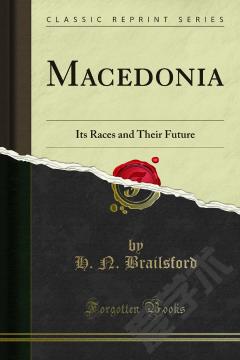
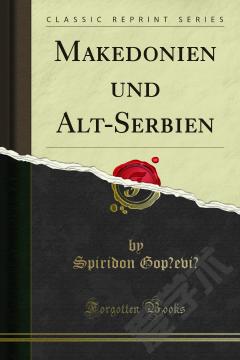
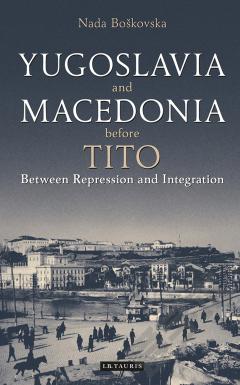

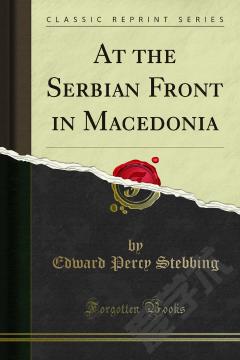
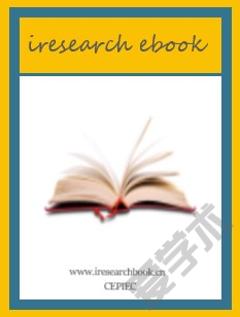
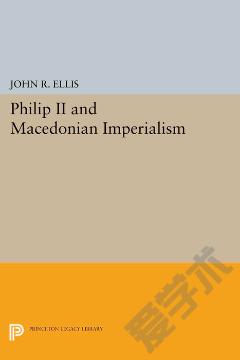

 京公网安备 11010802027623号
京公网安备 11010802027623号